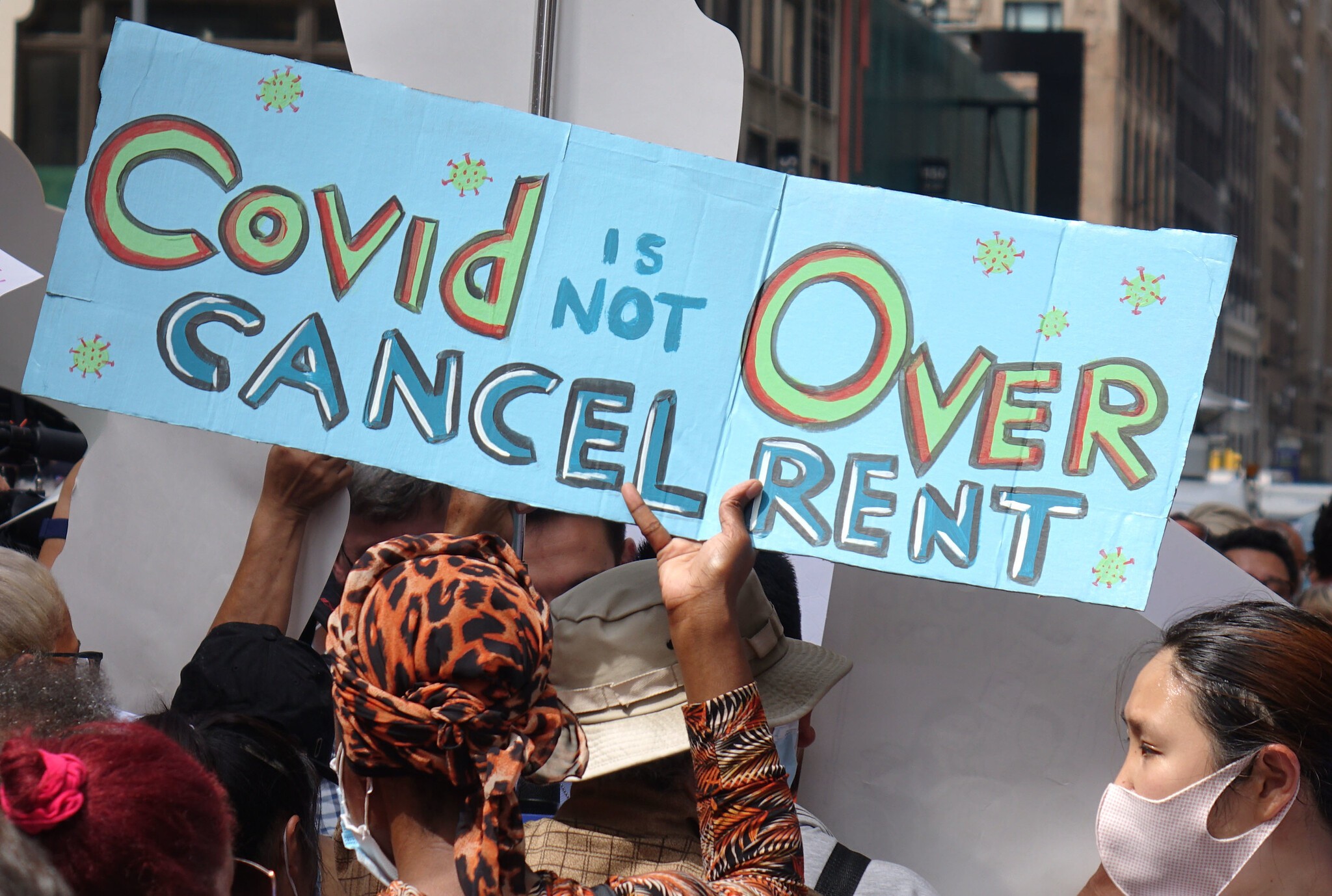The eviction moratorium drove out risk-adverse investors and turned rental property into a sub-prime lending fiasco.

Popular progressives, like Rep. Alexandria Ocasio-Cortez, have been fond of pointing out during the COVID-19 crisis that someone being evicted from their home during a pandemic is a bigger tragedy than an investor losing money on an investment that didn’t pan out.
While that may indeed be true, it completely ignores the long-term impact of preventing rental property owners from being able to collect rent or evict non-paying tenants for well over a year.
Those property owners, many of whom were small, boutique investors with only two or three rental houses or condos, still had to pay taxes, insurance, maintenance and all other expenses normally associated with managing rentals- all this time.
If a property management company owning several large apartment buildings has a few tenants who don’t pay rent and can’t be evicted month after month, that lost income represents a drop in the bucket.
Granted, there have a been a lot of drops into those buckets, too. Smart, large-scale investors who lost money during the eviction moratorium are also going to be looking for the exits, if they haven’t left the market already.
But smaller, mom-and-pop landlords were crippled by this crisis right along with anyone else who lost income during this time. These types of investors are leaving the rental marketplace as fast as their legs can carry them and they aren’t likely to be back.
Smaller rental real estate owners often depend on their investments for monthly income, are sometimes retired people supplementing Social Security. They aren’t the kinds of investors who can afford to take a chance in a high-risk, low-return business like renting residential properties.
Ask yourself: If you had $250,000 to invest, would you buy a rental property right now?
Who is going to take the place of risk-adverse investors?
A risk-adverse investor has certain benefits; they aren’t expecting a huge return. For a safe investment, they are prepared to keep their profit margin low. This is excellent for renters, as they are getting pretty good value for their money; the majority of their payment goes towards the house they are renting, not paying to subsidize the investor for expected losses or larger profit margins.
Sub-prime lenders are less risk-adverse for one simple reason, and it isn’t because they don’t mind losing money; they are willing to charge more in order to offset losses or they have some other strategy for mitigating losses and still coming out ahead.
That other strategy might be things like a more vigorous screening process, stricter credit and background check requirements; plus higher deposits and more up-front investment required on the part of the renter, who will find themselves forking over 6 months required advance rent versus the old two or three months.
None of this is good news for renters.
Nor is the situation likely to improve. Though the moratorium was quietly ended on August 26, 2021, for many rental property owners, the damage has already been done. While the national moratorium was allowed to expire, there are still plenty of pockets of resistance to a return to pre-Covid normalcy regarding the legal obligation to pay rent.
While progressives intone that “housing is a human right,” no one has the right to someone else’s property or services to fulfill that perceived right. Housing is not a human right under the law. Perhaps it should be. But if so, it should not come at the expense of the wholesale government takeover of an entire industry and the seizing of private property. Sticking property owners with the bill for the pandemic response hardly seems fair because it isn’t.
More sensible governments have taken the helping tenants and landlords route and thereby have not undercut the rental marketplace for years to come by forcing low-risk investors out.
The eviction moratorium in the U.S. is expired- for now. Anyone who owns a rental property and is trying to collect rent does so with the knowledge that a new variant, a new city or state government, even a new U.S. President could mean a complete upending of their business model at any moment.
While progressives on Capitol Hill celebrated their short-sighted victory of extending an already lengthy Covid grace period on evictions, risk-adverse investors were already poised to leave anyone on the market for rental housing at the tender mercies of the payday lenders of the real estate world.
They will charge people more for less; the contracts will be worse, with more money required up-front, more restrictions and fewer amenities provided by the property management companies.
What can be done? The government can’t force small-scale landlords to provide a service, which is why rent-control won’t work either. If investors can’t get a return on their investment, they just won’t make one. Why would they?
The government can’t force sub-prime lending and property management companies to operate at a loss, either. Sub-prime lenders will make the same argument all sub-prime lenders always make: “I have to charge this much to make up for those who default.”
Who can argue with that?
The only other option will be “housing as a human right”: Government housing. Government housing options aren’t exactly known for amenities.
Rental property owners looking to sell are at least encountering a sellers market for their troubles. Property values have gone up, as has the average price for homes and condos in many areas.
Renters, on the other hand, aren’t facing such rosy prospects and progressives might come to regret the day they forced property owners to bear the brunt of a sub-prime government policy.
(contributing writer, Brooke Bell)